Course Description
Hidden text
Ever-changing nutritional trends and social media influencers greatly impact how we eat. Yet our bodies are telling us exactly what we need. Ideological nutrition is the practice of eating what we think we should eat, usually rooted in how others are eating rather than what our bodies require at the moment. We are all different, and our nutritional needs constantly change from day to day and season to season. Knowing what our body needs is not easy. It requires an intuitive body-based knowledge. If only we had a body language. Yoga and Ayurveda have a long tradition of nutrition that can help clear things. They can also be misunderstood.
Food is so sacred in Ayurveda and Yoga that food preparation, cooking, and eating is considered a spiritual sadhana (practice), known as Ahara Sadhana. Ahara is anything that nourishes the body’s life essences (rasa). Food is ahara, and so are breath, sensory experiences, and subtle energy. Our life, intelligence, mental clarity, happiness, and strength depend on food. Everything we consume will directly affect our physical and mental health. Yoga and Ayurveda recognize this universal truth but are also very different.
This course will explore and distinguish the pragmatic principles of Yogic and Ayurvedic nutrition and their opportunities for healthy life change. We will look at how both systems work: the emphasis on prana and karma in the Yoga system and the personalized medical approach of Ayurveda. Can we use both? Become more aware of the limitations of nutritional trends without getting lost in the wormholes of personalized self-care. It’s a balance. We will also examine the impact of physical and subtle toxins in our foods, how to free ourselves from attachments to inappropriate foods, and how to access and utilize the most prana from a sattvic diet without compromising our health physically. Bring an open mind and many questions, and let the dialogue begin.

Instructor: James Bailey, AD, DASc, LAc
Date: June 29, 2025, 1:00 pm – 3:00 pm CST
Tuition: $50
Registration: Link here
Zoom Link: Available upon enrollment
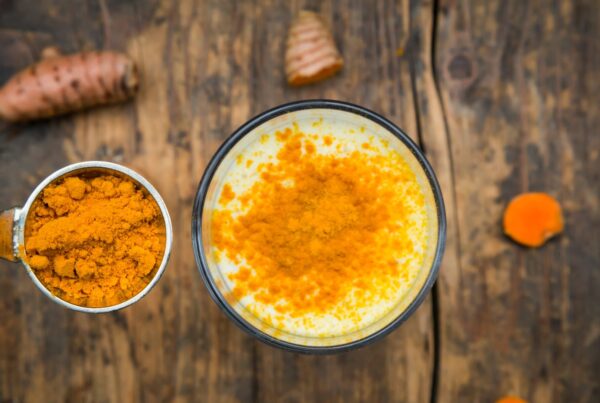
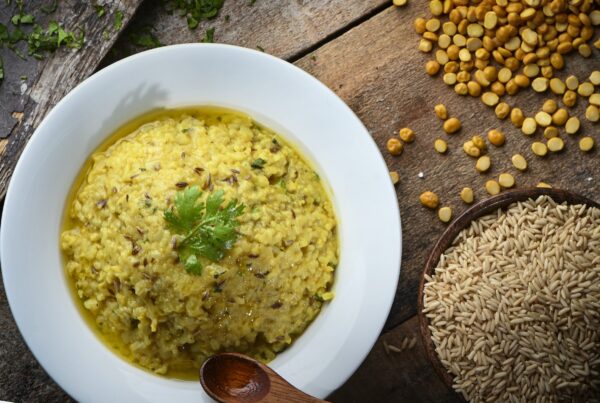
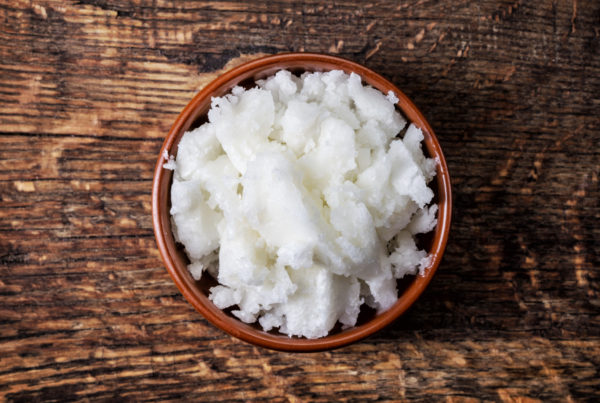

Covered Topics
- Definition of Ahara | What is Food?
- Yoga vs Ayurvedic nutrition. Which is best?
- The Three Gunas and a Sattvic Diet
- Six Tastes (Rasas) of Ayurveda
- Ahara Sadhana: Food as Spiritual Practice
- Food as Prana, High Pranic Foods
- Live Foods, Dumb Foods, and Dead Foods
- Ayurvedic Food Guidelines
- Kala: Seasons, Eating, and the Doshas
- When to Drink Water
- Samyoga: Ayurvedic Concept of Food Combining
- Digestion and Culinary Spices
- Jataragni and the Four States of Digestive Energy
- Sapta Dhatus: The Seven Bodily Tissues
- Malas: Waste Materials
- Eating According to Our Constitution
- Vata-Pitta-Kapha Food Guidelines
Course Instructor
James Bailey, DASc, AD, LAc, MPH, E-RYT500, is a third-generation health care practitioner, Ayurvedic Doctor, Doctor of Oriental Medicine, and Ayurveda and Yoga educator who has been practicing the wellness arts for 30 years. He founded Sevanti Institute, offering Ayurveda wellness education and professional training programs, including its signature Ayurveda Wellness Counselor Program. He is available for Ayurveda Wellness Consultations through the Sevanti Online Clinic. Clinically and in his teachings, James inspires an awakening to authenticity as the highest expression of faith in oneself on the path of all healing. His teachings are eclectic and entertainingly provocative. He is sought out by yoga schools for his vast knowledge of traditional Eastern teachings and modalities and the ability to bridge them to modern-day living. His professional training includes 5 years of clinical studies in Oriental Medicine and training in Ayurveda under such luminary teachers as Dr. Vaijayanti Apte, Dr. Subash Ranade, Dr. Suhas Kshirsagar, Dr. Avinash Lele, Dr. Vasant Lad, and many Ayurvedic doctors and therapists in Kerala, South India where he spends time teaching and studying while on retreat. He founded Sevanti Adventures, which offers an annual tour to India each March.

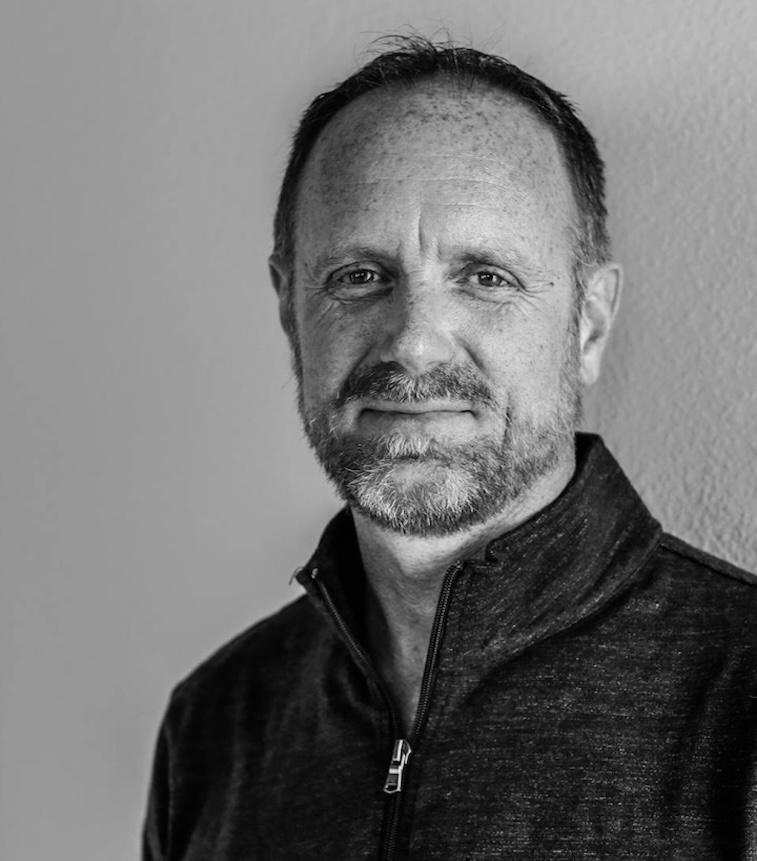




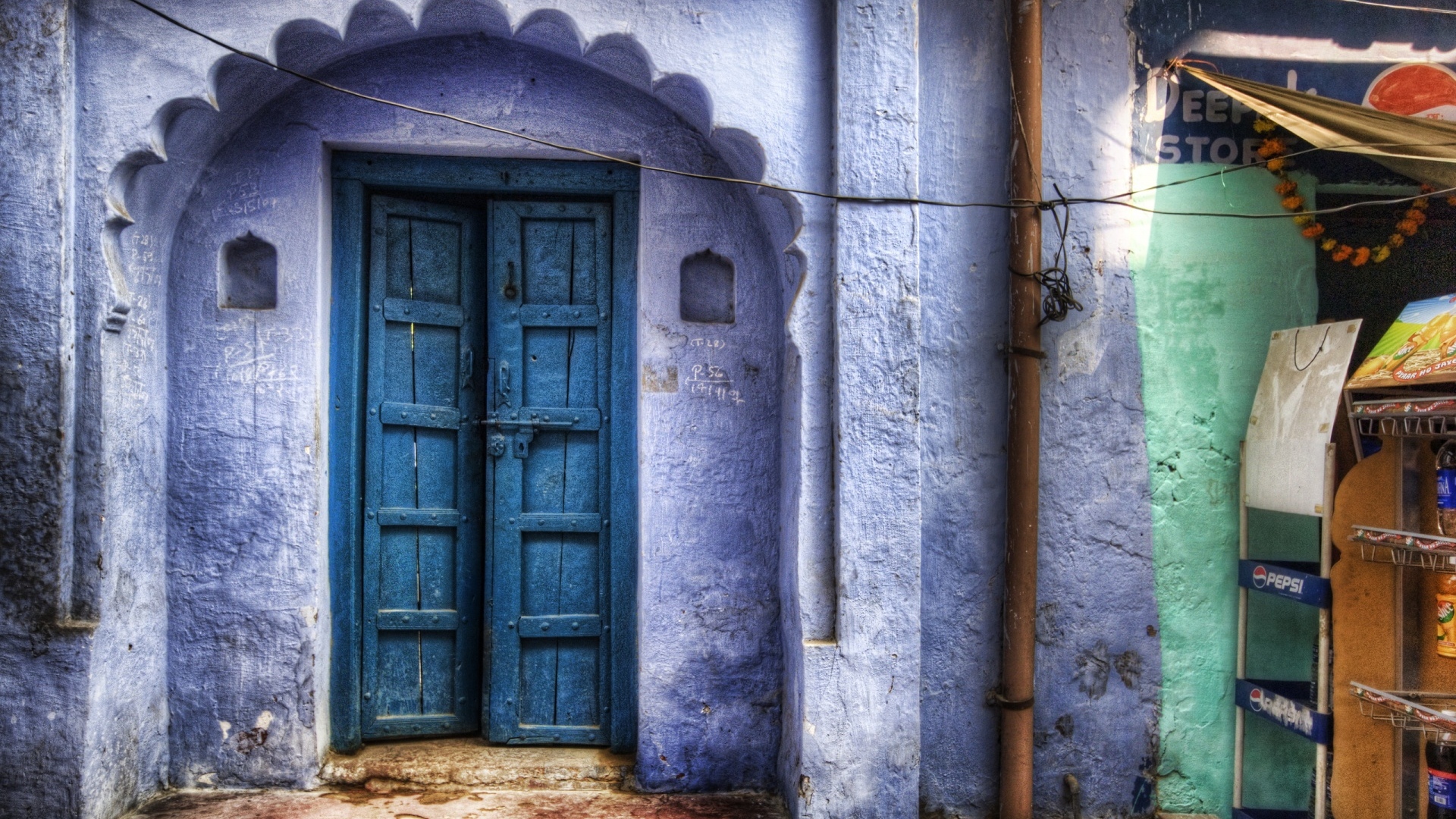






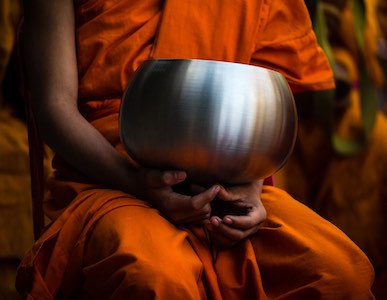



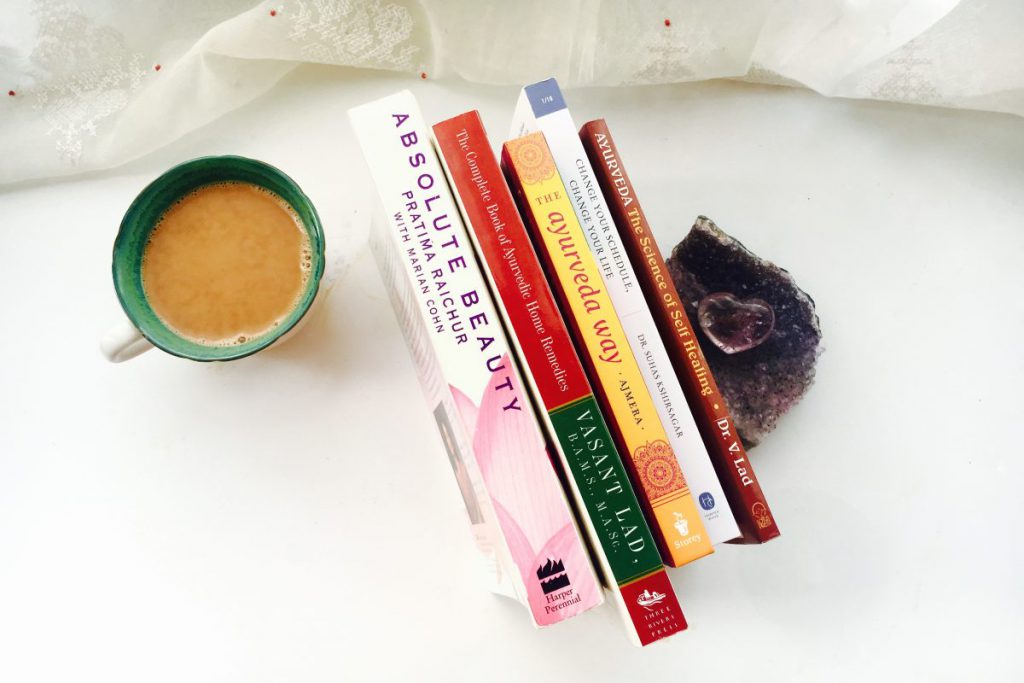
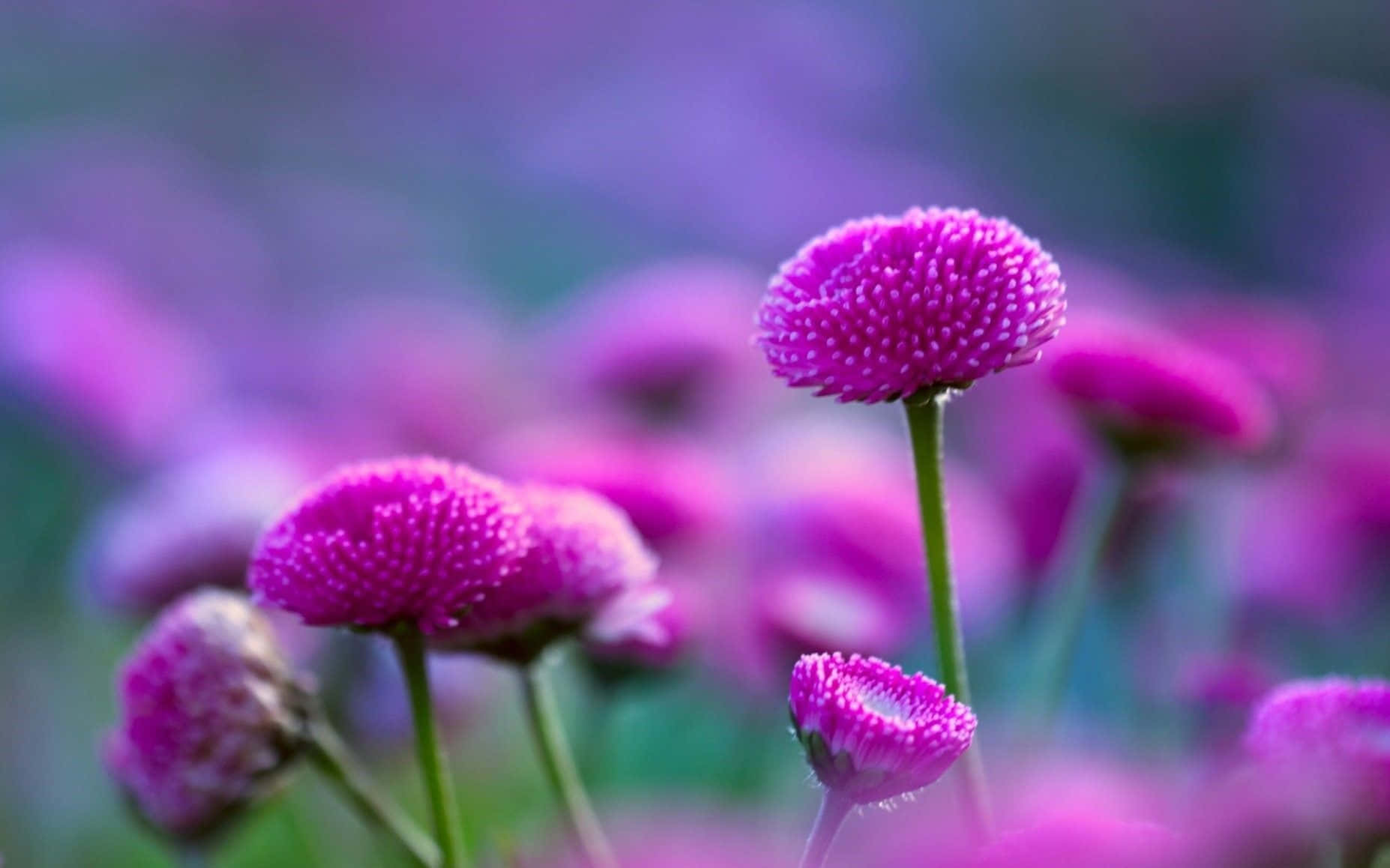

 Sevanti Adventures
Sevanti Adventures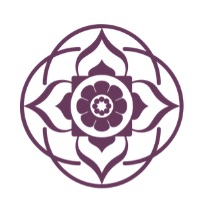 Sevanti Wellness
Sevanti Wellness Sevanti Practice
Sevanti Practice